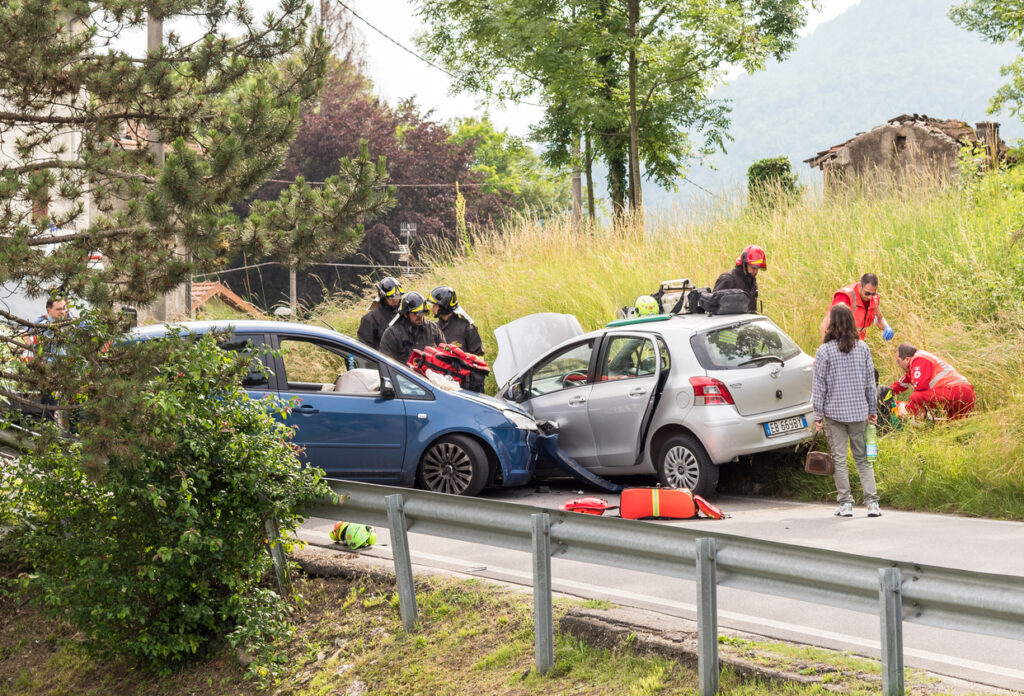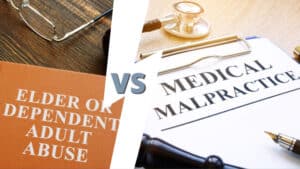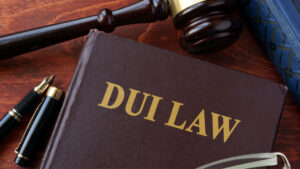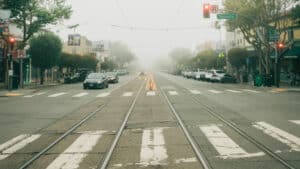Written by: Christopher B. Dolan and Jeremy M. Jessup
This week’s question comes from Mr. Martin from San Carlos who asks:
Q: A number of years ago my daughter passed away, and my wife and I were left to raise my grandson, because the child’s father has been out of the picture since birth. Recently, tragedy struck our family again and my grandson, who was a minor, was killed in an automobile accident, caused by another person. I have been trying to bring a wrongful death lawsuit but keep being told I cannot sue. Is this correct?
A: Dear Mr. Martin,
Firstly, I am sorry to read about your losses, my condolences to you and yours as you go through these difficult times. Dealing with the death of a loved one can be devastating. On top of that, there may be many medical costs, funeral costs, and other expenses when facing an unexpected passing of someone close. As for the right to bring a wrongful death suit by you and your wife, this is not as cut and dried as one would think.
Only certain individuals are allowed to bring a wrongful death claim after a negligence-related death in California. Formerly, only biological or adoptive parents could sue (“had standing”) in California for a son or daughter’s wrongful death. Under California Code of Civil Procedure Section 377.60, a cause of action for the death of a person caused by the wrongful act or neglect of another may be asserted by any of the following persons or by the decedent’s personal representative on their behalf:
- The decedent’s surviving spouse, domestic partner, children, and issue of deceased children, of, if there is no surviving issue of the decedent, the persons, including the surviving spouse or domestic partner, who would be entitled to the property of the decedent by intestate succession.
- Whether or not qualified under subdivision (a), if they were dependent on the decedent, the putative spouse, children of the putative spouse, stepchildren, or parents.
- A minor, whether or not qualified under subdivision (a) or (b), if, at the time of the decedent’s death, the minor resided for the previous 180 days in the decedent’s household and was dependent on the decedent for one-half or more of the minor’s support.
In fact, it was previously held that a person who was not a natural parent had no right to sue for an unadopted child’s wrongful death, even if an adoption process was in progress [Reynolds v. City of Los Angeles (1986) 176 Cal.App.3d 1044, 1052-1053 — “the Reynoldses were neither the natural parent(s) of Samuel nor did they ever conclude formal adoption proceedings.”]
Those person(s) who qualify under categories (a-c) of the California Code of Civil Procedure Section 377.60 can recover both economic and non-economic damages for their loss. These losses included, but are not limited to the following:
- The loss of love, companionship, comfort, care, assistance, protection, affection, society, and moral support provided by decedent;
- The loss of gifts or benefits that could have expected to receive;
- Funeral and burial expenses; and
- The reasonable value of household services that the child would have provided.
However, California Assembly Bill 2445, signed into law in September by Gov. Newsom, amends CCP 377.60 to now allow legal guardians to sue for wrongful death in appropriate circumstances. The new language of CCP 377.60 includes:
“[i]f the parents of the decedent would be entitled to bring an action under this subdivision, and the parents are deceased, then the legal guardians of the decedent, if any, may bring an action under this subdivision as if they were the decedent’s parents.”
As before, a decedent’s surviving spouse, domestic partner, children, and children of any deceased child continue to have standing under the wrongful death statute.
The new law, which went into effect September 10, 2020 now allows legal guardians to pursue wrongful death cases on behalf of minors as if they were the parents, provided the parents are deceased. The law was introduced as an emergency measure to prevent the statute of limitations from running for a Moreno Valley couple who raised their nephew after his biological parents died.
In your case, it would appear that whether or not you and your wife have standing may come down to whether or not your grandson’s father is still around. Unfortunately, because the law is so new in this area, it is unknown if the courts will view a parent that has essentially abandoned their child, in the same light as a parent who is deceased.










